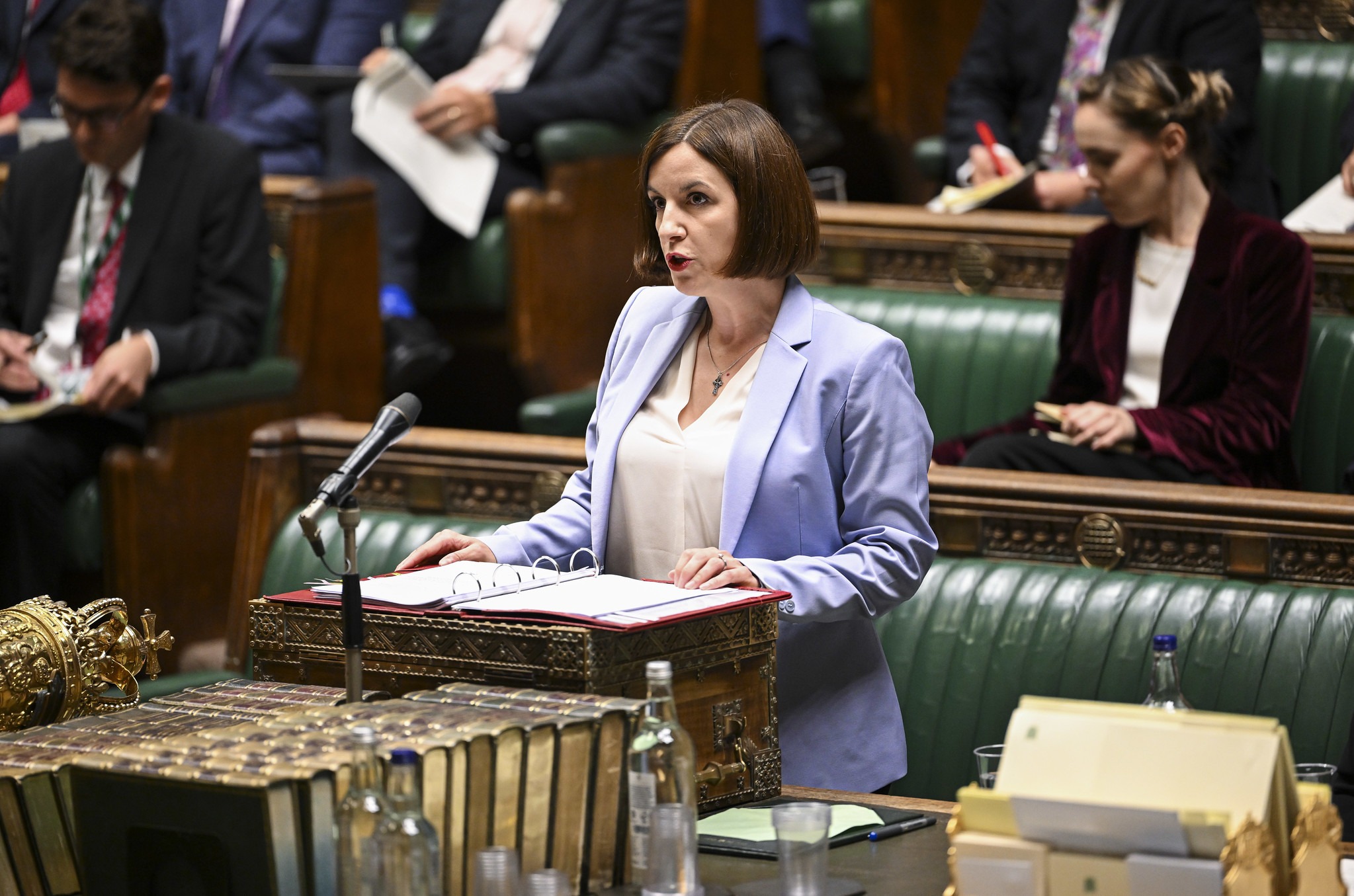Universities with ‘low-quality’ courses to face cap on students, as government shifts approach to post-16 education
The government has announced that it will set limits on new student recruitment for universities that perform poorly on the Teaching Excellence Framework (TEF), as it grants the Office for Students (OfS), the regulator of higher education in the UK, greater power.
Currently, the OfS can fine universities that don’t have at least 80% of their students continuing onto their second year, 75% of students finishing their degree, and 60% in either further study or paid work 15 months after graduating.
Education Secretary Bridget Phillipson also announced on 20 October that undergraduate tuition fees are set to increase from 2026 in line with inflation, although she explained that universities will only be allowed to charge the maximum tuition fee if they demonstrate “high quality teaching”.
She told MPs that this is a “challenge to our universities” to “drive out low quality provision”.
Phillipson further confirmed a new targeted maintenance loan for “students most in need”, which will be funded by a levy on international student fees.
Despite what she called overseas students’ “important contribution to our country”, the Education Secretary expressed the government’s stance that a “contribution” from international students to “reinvest back into new targeted maintenance grants for domestic students” is “right”.
Students deserve high-quality education that sets them up for success, not courses that leave them with poor prospects
Bridget Phillipson MP, Education Secretary
Phillipson also recently announced the government’s plan for post-16 education and skills, which includes a new qualification for students who fail to achieve a grade 4 in their Maths and English GCSEs.
The change aims to mitigate the number of pupils resitting GCSEs, as more than 275,000 resits in Maths and English were failed in the most recent GCSE results.
This qualification will be lower than a GCSE, but would still allow students to demonstrate their literacy and numeracy skills. The initiative has received strong support, and an exam board has trialled a Maths qualification that can be taught and taken on a screen.
Downing Street said: “schools will be tasked with ensuring every pupil has a clear post-16 destination, supported by Ofsted, with a guaranteed college or FE provider place available as a safety net”.
The government further declared that a new vocational qualification, V levels, will replace Level 3 BTECs and other post-16 vocational qualifications.
This initiative is currently being developed for implementation in 2027 to support young people in entering the workforce, following a year-long curriculum review.
Phillipson told The Times: “Students deserve high-quality education that sets them up for success, not courses that leave them with poor prospects. Our ambitious white paper will set out how we will work closely with the OfS to develop new powers, allowing them to take decisive action.”

Comments